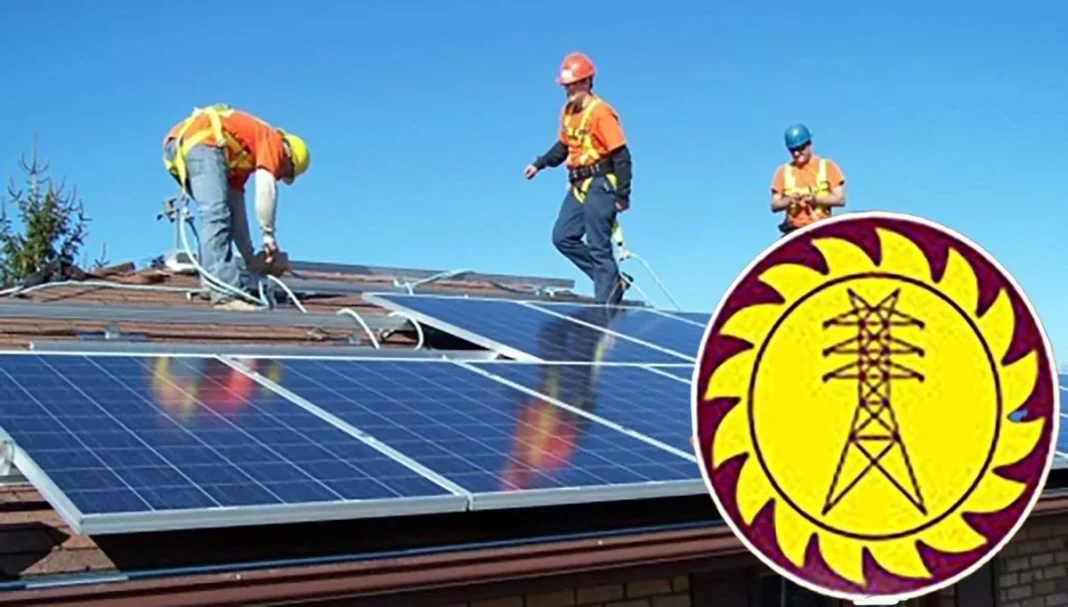Electricity experts have raised concerns that the Ceylon Electricity Board (CEB) is attempting to limit the supply of electricity to the national grid from rooftop solar panels installed by the general public. They also allege that the CEB is planning to purchase solar power from large-scale companies instead.
This suspicion appears to be confirmed by CEB circular 2025/DCC/COM05, which was issued in English only. The CEB has been accused of favoring the purchase of electricity from private companies over government-owned hydroelectric power plants.
Previously, the CEB allowed the general public to install solar panels up to 40 kilowatts on their rooftops and sell their surplus electricity to the CEB under the net metering scheme. Currently, around 100,000 homes have installed such solar panels, which added approximately 600 megawatts to the national grid by the end of 2024.
Experts argue that this move to restrict solar power generation by the general public and promote large-scale companies is an attempt to deviate from the plan to generate 70% of Sri Lanka’s electricity demand from renewable energy by 2030.
Further supporting their claims, experts point to a recent cabinet paper presented in early March that approved the transfer of cultivated land in the Siyambalanduwa area to a Singaporean company, designating it as wasteland. Additionally, there are preparations for the Indian Prime Minister, who is visiting Sri Lanka on April 5th, to sign an agreement for a 50-megawatt power plant in Sampur.



